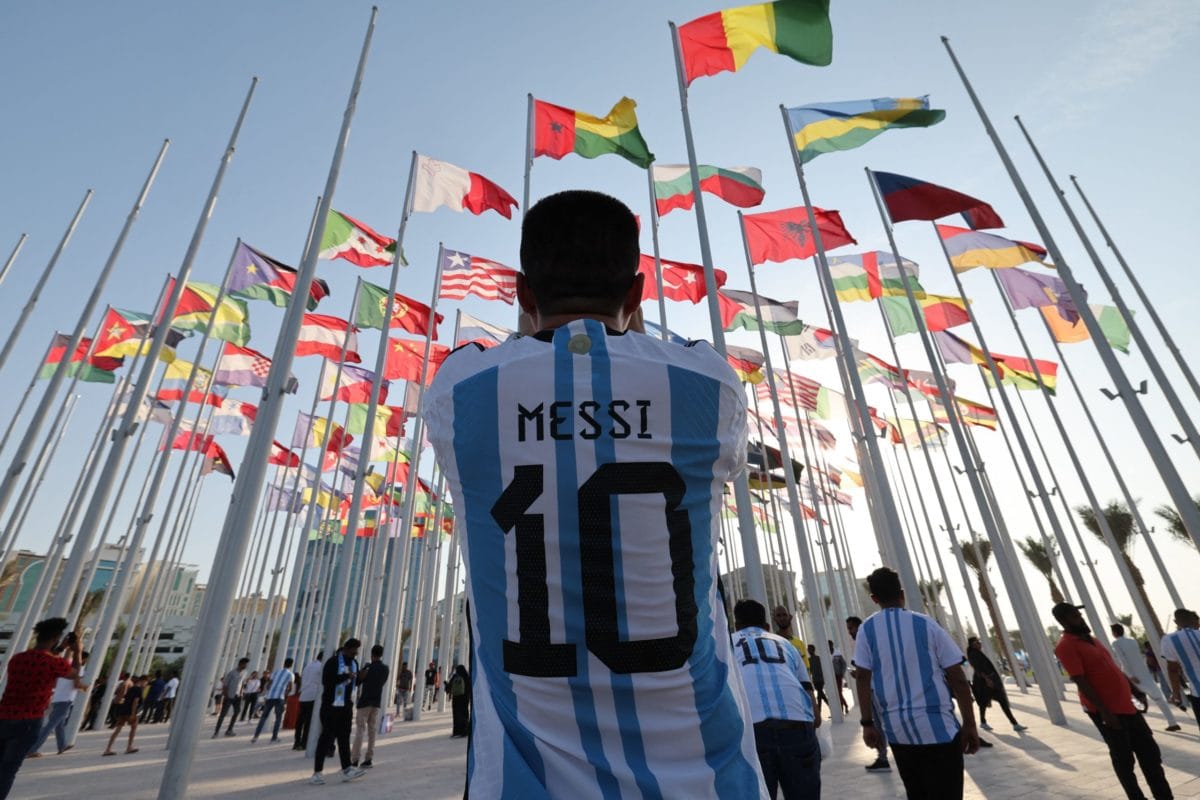Simply Sportswashing?—A Perspective on the 2022 World Cup in Qatar
The concept of “sportswashing,” in exposing how states or corporations use sporting events to cleanse their images on international stages, draws our attention to human rights abuses, labor conditions, political repression and the regulation of social behavior. Yet, examining the language around Qat











